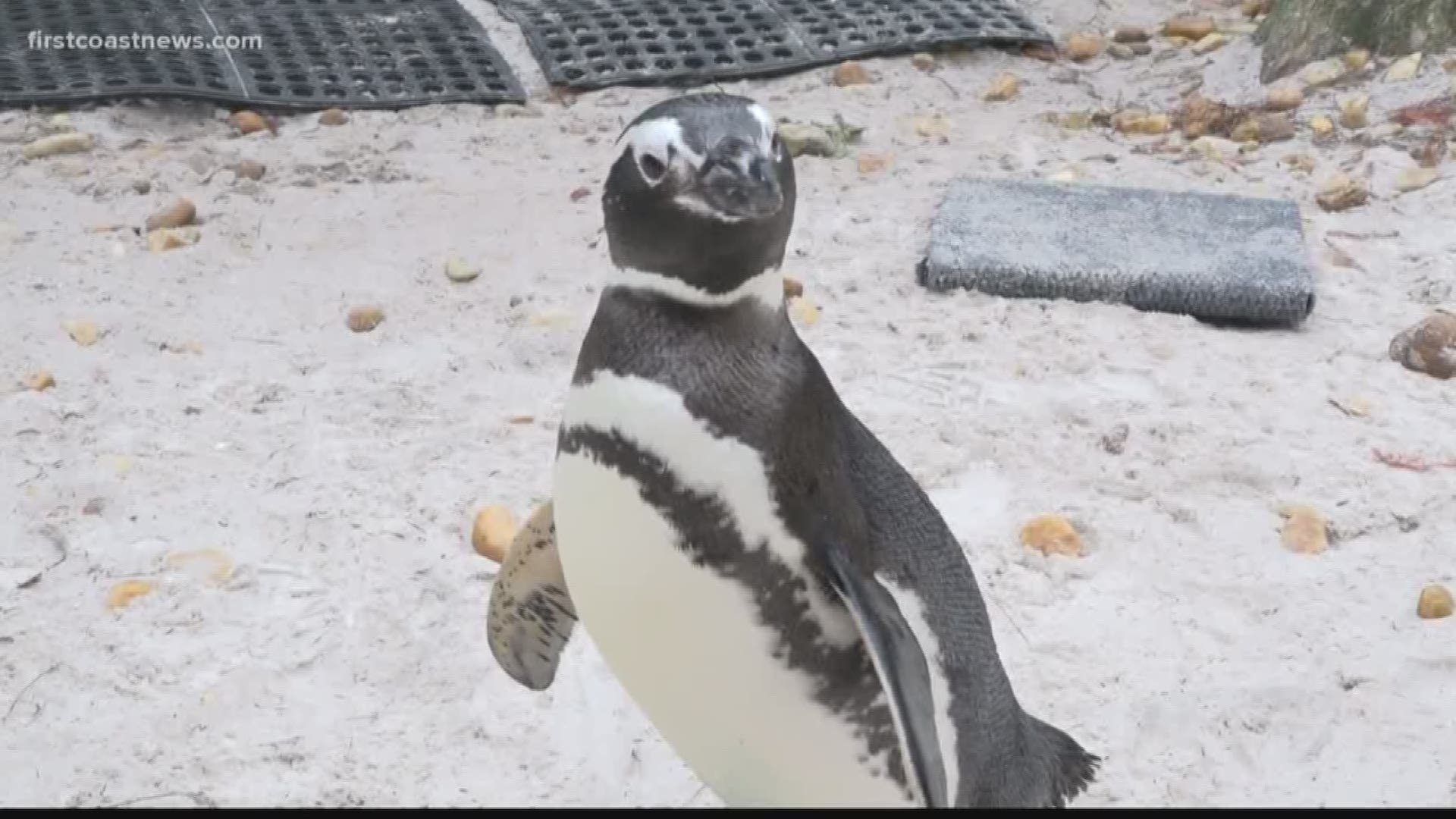For the first time, penguin experts from Jacksonville are making a global impact by traveling across the world.
Year after year, penguins in South Africa are killed in oil spills and other man-made causes. Two bird keepers with the Jacksonville Zoo traveled to Cape Town to help in the rehabilitation process which helps keep an entire ecosystem alive.
Just two percent of what used to be one million African penguins survive.
"They can go extinct in our lifetime if we don't take action now," said Larkin Johansen, Jacksonville Zoo's senior bird keeper.
She and bird keeper Roxanne Fleming traveled to help the Southern African Foundation for the Conservation of Coastal Birds, or SANCCOB, in Cape Town.
In the two weeks Johansen was in South Africa, their team released more than 100 African penguins back into the wild. The Magellanic penguins at the Jacksonvillle Zoo are a little bigger than those penguins.
Experts say the main threats to the penguins are man-made: over-fishing and pollution. South Africa is a hot spot for oil spills.
"If a penguin goes extinct, an African penguin goes extinct, it is a failure for the whole ecosystem," said Dr. David Roberts, a SANCCOB Clinical Veterinarian, over Skype. "They don't go extinct on their own. They're only going extinct or in danger, because the rest of the ecosystem is at risk."
They are called an indicator species.
"Scientists can look to the penguins and realize, 'okay something's happening in the ocean that we need to pay attention to,'" said Johansen.
African penguins are so important, they say, that without their fecal matter to benefit plant life, the atmosphere would be different.
"It would be a very desert-y atmosphere," Johansen said.
Protecting the penguins means protecting the ocean and it's a global effort Jacksonville is diving into.
SANCOBB also works for laws to protect African seabirds. It turns out whenever you go to the zoo you're helping the African penguins too since some of the money from your ticket goes to conservation efforts.

